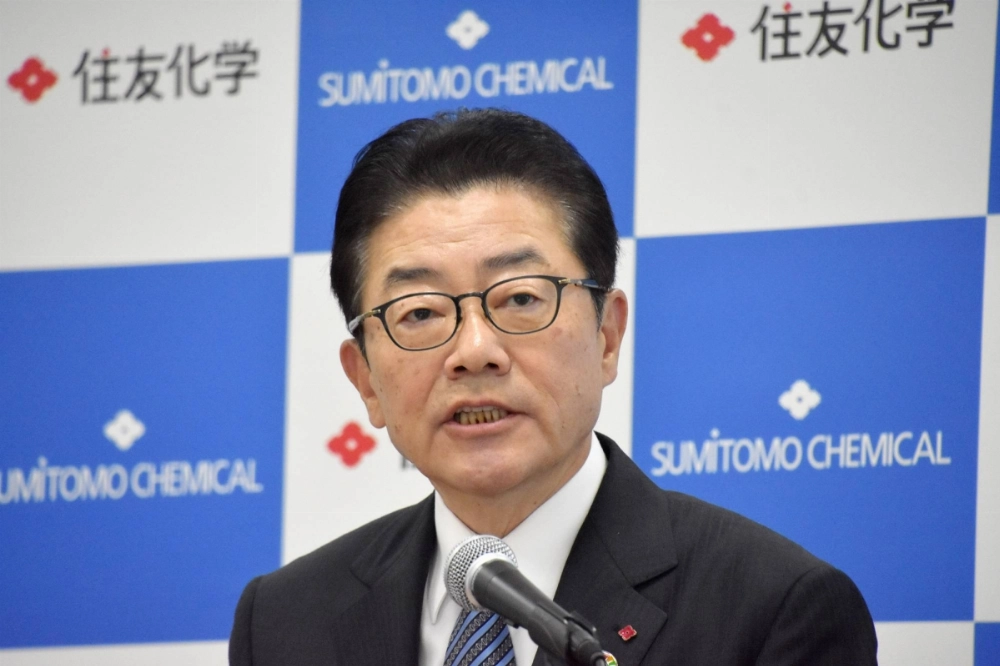A Japanese borrower hit by a record loss sold a yen bond at the widest spread for yen corporate hybrid debt this year in a key test of appetite as interest rates creep higher.
Sumitomo Chemical priced ¥100 billion ($700 million) of hybrid debt on Friday at 280 basis points over Japanese government bonds, according to an email from SMBC Nikko Securities, one of the underwriters.
That’s twice the spread on jumbo subordinated debt deals by Takeda Pharmaceutical and Nippon Steel in June.



















With your current subscription plan you can comment on stories. However, before writing your first comment, please create a display name in the Profile section of your subscriber account page.